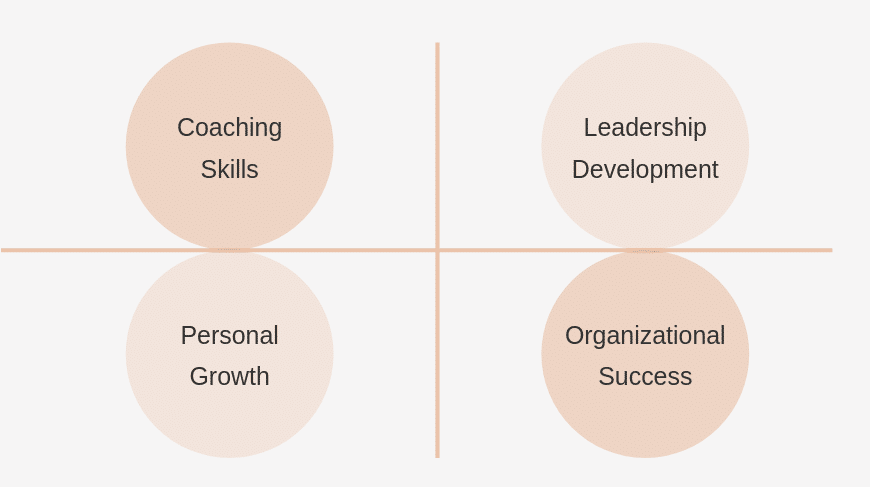Home » What we do » Coaching
"Employees who are coached to performance rather than managed to performance are more committed to and invested in the outcomes of their work and achievement of organisational goals."
Ron Cacioppe
We know that coaching has been used to promote creativity, breakthrough performance and resilience, give organisations a competitive edge and is an effective way to flow and operate within an environment of continuous change. It is widely recognised that leaders and managers need to develop skills to be able to coach their employees and each other.
At Richard Powell Learning we have the ability to assist in the development of managers and leaders in their coaching skills. Our approach is to focus on providing support and build skills so that coaching provides not only a context for feedback, but also a process to support changed behavior.


We also use our own coaching knowledge and skills to support the facilitation process by providing an overall package that targets what has been learnt in the workshop and build retention strategies designed to benefit the manager/leader and their associated teams.
In our experience the best workplace coaches are those who understand and develop their own coaching style, rather than following a “one size fits all” approach, who know how to “flex” their style to coach others, and who can use the coaching process and concepts effectively through understanding and skill development.
We know that coaching has been used to promote creativity, breakthrough performance and resilience, give organisations a competitive edge and is an effective way to flow and operate within an environment of continuous change. It is widely recognised that leaders and managers need to develop skills to be able to coach their employees and each other.
At Richard Powell Learning we have the ability to assist in the development of managers and leaders in their coaching skills. Our approach is to focus on providing support and build skills so that coaching provides not only a context for feedback, but also a process to support changed behavior.

Coaching is a process of relationship building and setting goals. How well you coach is related directly to how well you are able to foster a great working relationship with your employees and help understand them and strategic goal setting. It basically speaking, the purpose is to increase awareness, broaden thinking, identify strengths and development needs and set and achieve challenging goals.
With our own experiences and utilising established models of coaching we can develop, in your people, a coaching mindset. This approach is reinforced by research conducted by the Centre for Creative Leadership, who have identified that the key skills managers and leaders need to coach others fall into five categories:
It’s easier to learn from someone you trust. Coaches must effectively establish boundaries and build trust by being clear about the learning and development objectives they set, showing good judgment, being patient and following through on any promises and agreements they make.
Where are you now and where do you want to go? Helping others to gain self-awareness and insight is a key job for a coach. You provide timely feedback and help clarify the behaviours that an employee would like to change. Assessment often focuses on gaps or inconsistencies, on current performance vs. desired performance, words vs. actions and intention vs. impact.
Thinking about thinking is an important part of the coaching process. Coaches ask open-ended questions, push for alternative solutions to problems and encourage reasonable risk-taking.
As partners in learning, coaches listen carefully, are open to the perspectives of others and allow employees to vent emotions without judgment. They encourage employees to make progress toward their goals, and they recognize their successes.
What can you show for it? Effective coaching is about achieving goals. The coach helps the employee set meaningful ones and identify specific behaviours or steps for meeting them. The coach helps to clarify milestones or measures of success and holds the employee accountable for them.
We know that organisations are different and no single approach to coaching will work. To ensure we provide a tailored, optimal approach to coaching and development, Richard Powell Learning has partnered with Coachstation. Coachstation helps organisations and leaders to find personal and professional success through tailored coaching, mentoring, advisory and development programs. Coachstation enables access to coaches who have significant corporate and business experience, coaching experience, credentials and a depth of expertise in mentoring individuals. This combination provides the best opportunity for people to be developed.
Engage and improve individual performance by developing people, to their fullest potential, through inspirational facilitation, coaching and practice.